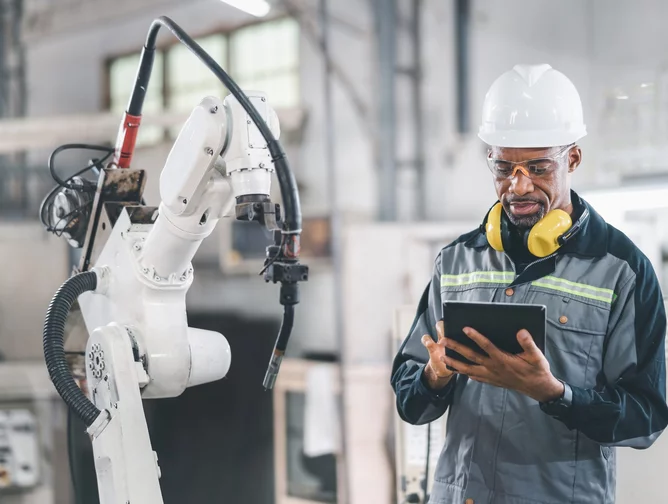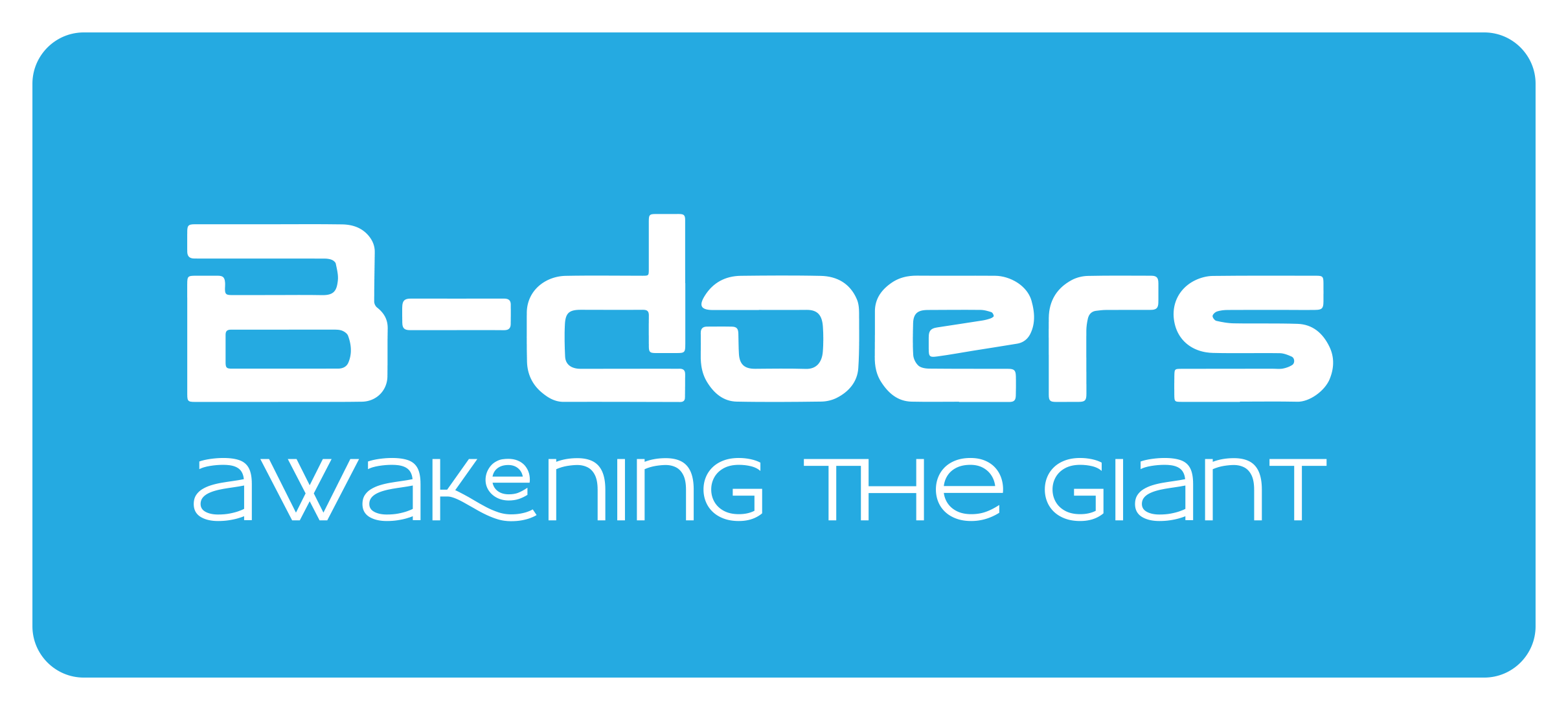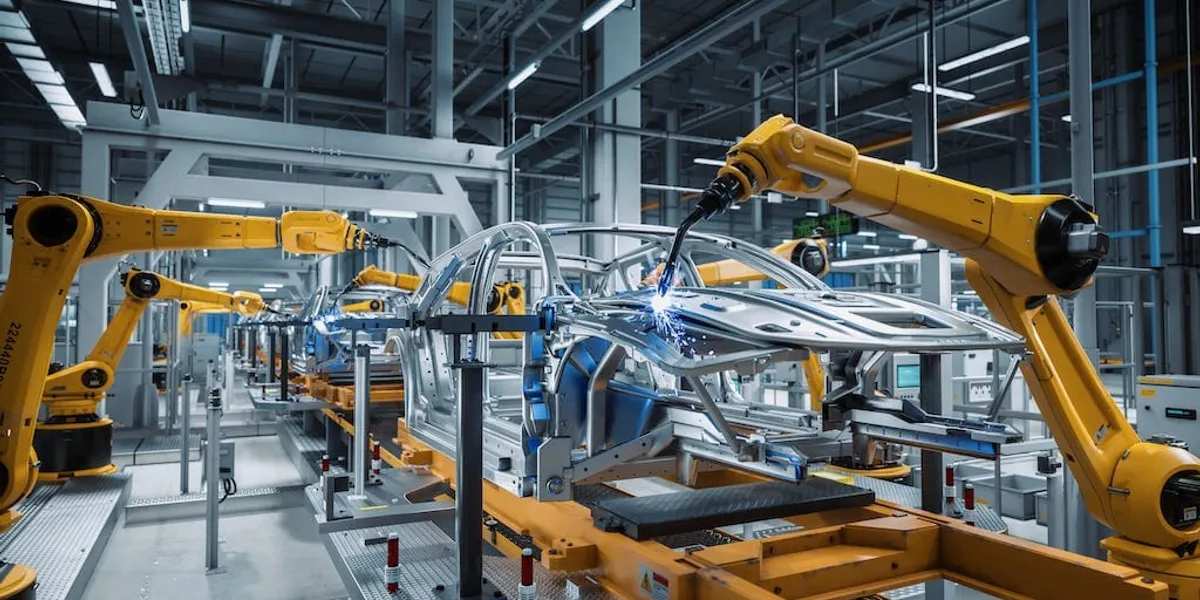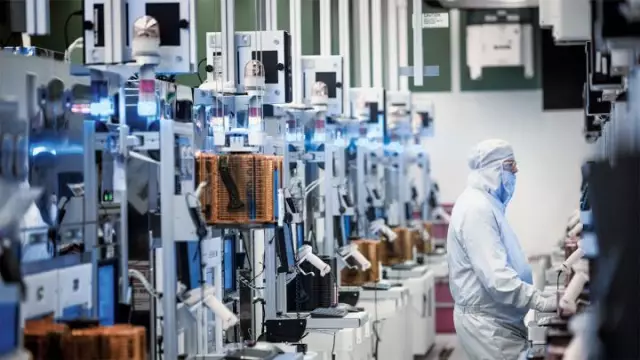Robotics Manufacturing
Introduction:
The robotics industry is rapidly growing across the globe, and Africa is no exception. With a population of over 1.2 billion people, Africa has a large and untapped market for robotics. Our business plan aims to establish a robotics manufacturing plant in Africa to capitalize on this growing market.
The proposed business will manufacture industrial robots, consumer robots, and educational robots. The robots will be designed to cater to the unique needs of African industries and consumers, such as agriculture, healthcare, education, and transportation. The robots will be affordable and built with locally-sourced materials and parts, creating job opportunities for local communities.
Our business will have a competitive edge by incorporating the latest technologies such as artificial intelligence, machine learning, and 5G connectivity. We will also offer after-sales services such as maintenance, repair, and upgrades to ensure the longevity of our products.

Market Analysis:
The African market for robotics is expected to grow at a CAGR of 29% from 2021 to 2026. The demand for robots in Africa is driven by several factors such as the need to improve productivity, reduce costs, and address labor shortages. The demand for robots is also driven by the need to improve the quality of life for African people through healthcare, education, and transportation.
There are several potential customers for our robots, including manufacturing companies, government agencies, healthcare facilities, schools, and individual consumers. The manufacturing industry is the largest potential customer, with the need for industrial robots in the automotive, food and beverage, and electronics industries. The healthcare industry is also a significant potential customer, with the need for robots in telemedicine, surgery, and rehabilitation.
Marketing Strategy:
Our marketing strategy will focus on building brand awareness and establishing partnerships with potential customers. We will participate in trade shows and conferences to showcase our products and establish contacts with potential customers. We will also engage in digital marketing through social media, email marketing, and search engine optimization to reach a broader audience.
We will also establish partnerships with distributors and resellers to expand our reach and make our products more accessible to potential customers. We will provide training and support to our partners to ensure they can effectively market and sell our products.
Manufacturing Plan:
Our manufacturing plant will be located in a strategic location with easy access to transportation and raw materials. We will invest in modern equipment and technologies to ensure efficient and high-quality production. We will also prioritize safety and environmental sustainability in our manufacturing process.
We will source our raw materials and parts locally to reduce costs and support local communities. We will also employ and train local workers to build a skilled workforce and promote economic development.
Financial Plan:
The initial investment required to establish the manufacturing plant and start production is estimated to be $10 million. We plan to finance this through a combination of equity financing and debt financing.
Our revenue streams will come from the sale of our robots and after-sales services such as maintenance, repair, and upgrades. We project our revenue to grow by 30% annually over the first five years, reaching $50 million by year five.
We anticipate a net profit margin of 20%, resulting in a net profit of $10 million by year five. We will reinvest a portion of our profits back into the business to finance expansion and innovation.
Conclusion:
The robotics industry in Africa presents a significant opportunity for growth and innovation. Our business plan aims to establish a robotics manufacturing plant in Africa that will cater to the unique needs of African industries and consumers. By incorporating the latest technologies and offering after-sales services, we believe we can build a successful and sustainable business that will promote economic development and improve the quality of life for African people.







